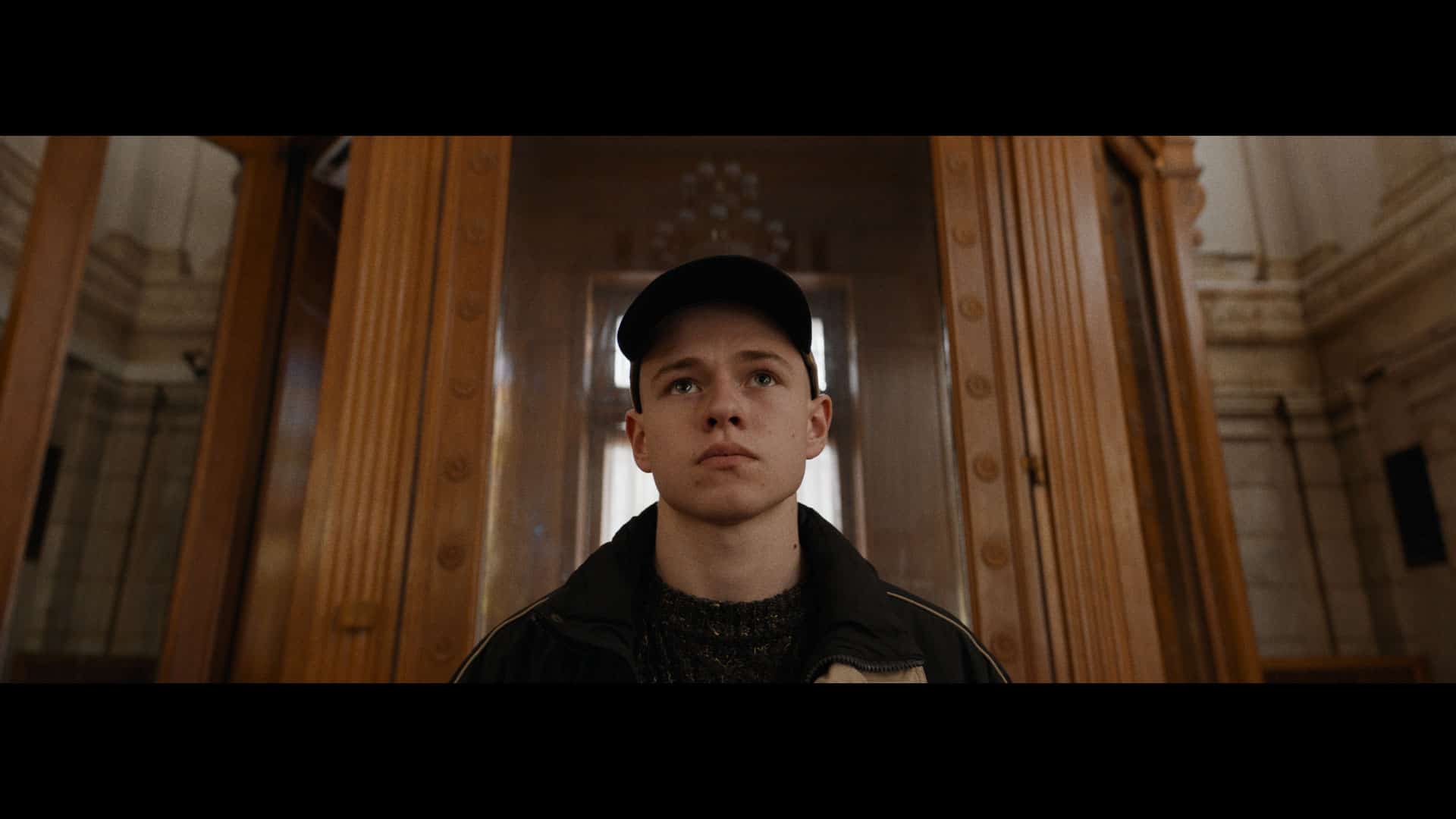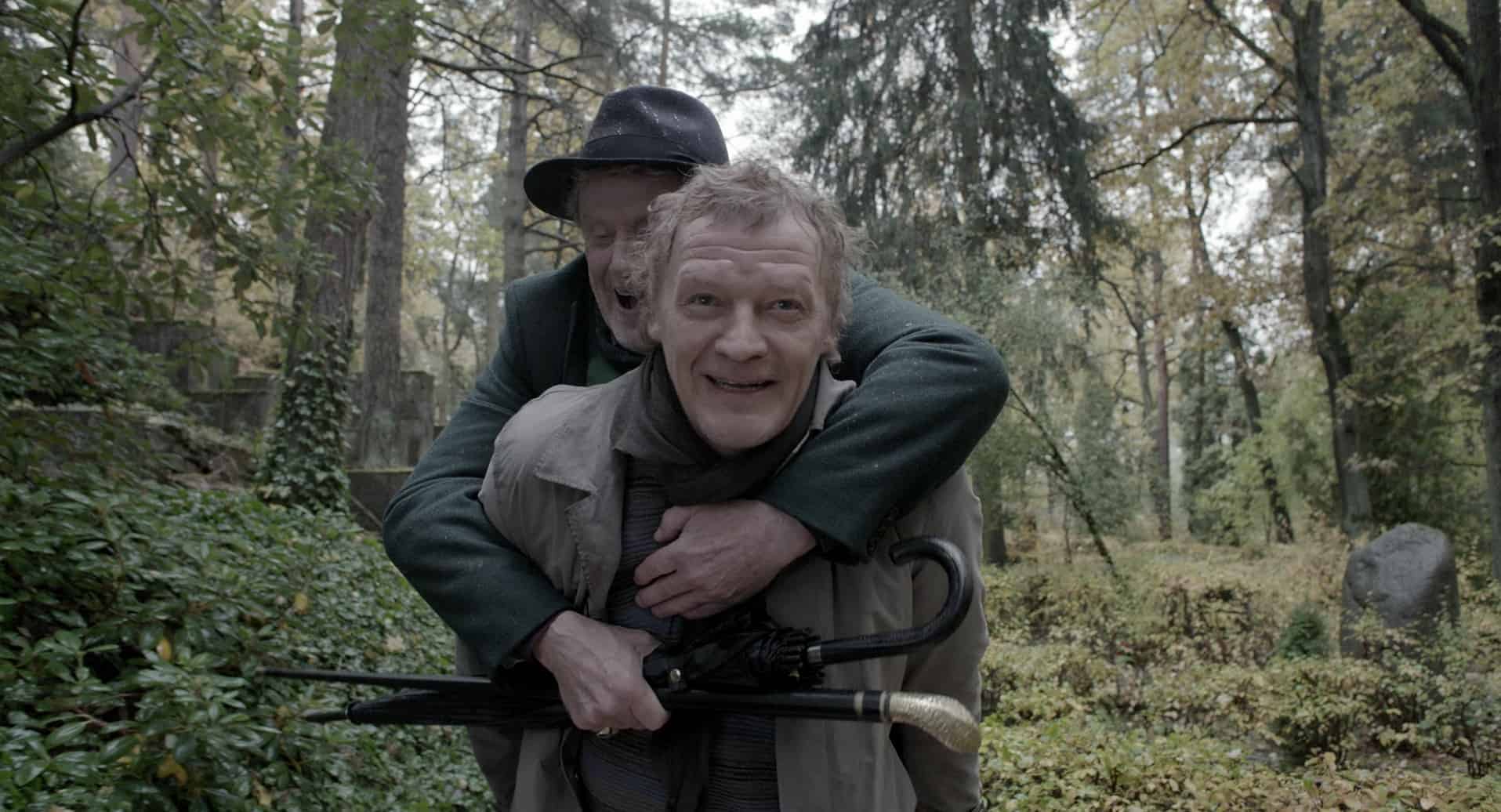Even if you have never been particularly interested in Russian cinema, this festival will make you fall for it head over heels. Russian cinema is surprising, captivating and moving. It can sometimes bewilder you so much, that it becomes even more unforgettable than it seemed at first. Films by Russian directors perfectly introduce the viewers to the unique cultural heritage of their country and let them feel peculiar ambience. It is enough to watch a few of these films for such uncommon emotions to awaken, and for these feelings to stay with you for a long time.
The 13th edition of the Sputnik Russian Film Festival was held from 21 November until 1 December 2019. This annual event invites the audience to screenings of a wide variety of films directed and produced in Russia. It provides an excellent opportunity to break down deep-seated prejudices and see something more than the typical Western films. Just like the famous satellite, Sputnik Festival pulls the audience into a completely different world and makes them feel like conquerors of the universe. The festival proves that Russian cinema aims way beyond the established motion picture patterns. Although presented pictures stem from the concepts which are familiar to us, they continue into the non-evident and disconcerting.
The Bull 2019, directed by Boris Akopov
This debut film by Boris Akopov introduces us to the circumstances of when the Russian mafia (organised crime groups) was established in the 1990s, and shows how it functioned at its early stage. The director presents the post-Soviet country where aggression and murders became a natural part of everyday life. The eponymous protagonist, Anton Bykov, lives a tragic life. He tries to take his destiny into his own hands and put together the pieces of surrounding reality that is visibly falling apart. In this reality he sees no hope and no place to show mercy. He suddenly finds himself living in the world where everybody has to fight hard to survive every day. The director is clearly judgmental of Russia and does not accept it being the place providing no space for healthy ambitions and moral values. The Bull shows us how easy it is to get lost in what looks like an easy way to follow in our lives. As it turns out at the end, this way a dead-end street.

The Bull 2019, directed by Boris Akopov
Van Goghi 2018, directed by Sergey Liniev
This film presents a story of a father and his son, and stars Aleksei Serebryakov and Daniel Olbrychski. Both protagonists are artists. The father is a world-renowned conductor while his son, Mark, is a talented creator of artistic installations who has not yet managed to make a name for himself. There is much to ask for in terms of the personal relationship between both men. They have been in conflict for nearly 20 years and only managed to arrive at some degree of understanding when Victor Ginzburg (played by Daniel Olbrychski) was diagnosed with dementia. Sergey Liniev portrayed a family which is imperfect and exists powered by conflicts and lies. All these aspects make the picture truly depressing. The film is so moving that the viewer almost feels the physical and mental pain the protagonists are experiencing from the very first scenes. The movie shows the present time which intertwines with flashbacks. Such construction gives the film some theatrical touches, which are enhanced thanks to excellent acting and realistic presentation of behaviour of the two protagonists.

Van Goghi 2018, directed by Sergey Liniev
The Dissident 2018, directed by Sebastián Alarcó
The protagonist in this film is a sculptor whose works are deeply connected with his dissident attitude towards the political regime in his homeland. He works on his ground-breaking monument entitled “The handcuffed Stiepan Razin” hoping that it will make him popular in the West, and that he will get support from Western activists. There comes a moment in time when he gives in to the will of his wife, friends and neighbours, which makes him lose ground. He is not sure any more about what he expects of himself and from his works. He faces the difficult choice between social activism in Puerto Rico and a quiet life as an obedient artist in Russia. The hero is presented by the director as a romantic creator who perceives the act of creation as sacrum. He is convinced that working on the crucial project is an excuse for neglecting everyday duties and even for giving up on the relationship with his wife and son.

The Dissident 2018, directed by Sebastián Alarcó
Kislota 2018, directed by Alexander Gorchilin
Kislota tells the story of the young generation, utterly convinced that they are prominent and immortal. They leave their hopes and dreams behind and throw themselves into all-night clubbing. This lifestyle with no limits and restrictions might have felt enchanting for them at first, but at some point, the young protagonists feel the destructive consequences it brings. They have to deal with the emotional burden of their friend’s suicide and their own loneliness and disorientation. The uneasy feelings give rise to extreme behaviours, aggression and substance abuse. All that these young people really want is to feel something. They desire strong feelings which would suppress the emptiness inside them. This film is a perfect presentation of the generation that has everything at their fingertips, but despite that is unable to find their place and function in the society guided by the established conventions.

Kislota 2018, directed by Alexander Gorchilin
Closeness 2017, directed by Kantemir Balagov
The debut film by Kantemir Balagov tells the story of a Jewish family whose internal relationships face a serious challenge. David, the brother of Ilana, gets kidnapped, together with his wife-to-be. The kidnappers want to get a ransom in order to release the couple. The family does not have the requested amount of money, therefore they decide to sell their family business, i.e. a car repair workshop. This is, unfortunately, not enough. In the end, the family’s daughter is forced into an arranged marriage with a man whose family would pay for David to eventually come home. Ilana is a rebel. She is a tomboy who strives to stand up to the elders and wants to get married out of true love. She faces the overwhelming choice between her own happiness and what is good for her family. The film depicts a tragic situation which led to conflicts in a tight-knit family. Fortunately, as it turns out at the end, common struggles make the family stronger than ever before.

Closeness 2017, directed by Kantemir Balagov
Written by Julia Lakhiani











